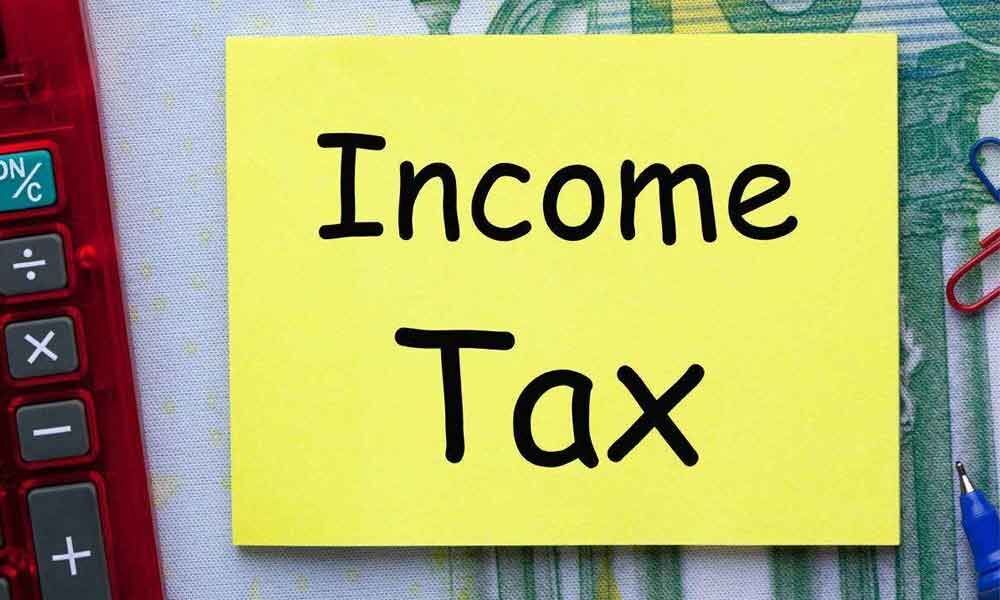 Posted On
Posted On
Strategies For Maximizing The Massachusetts Earned Income Tax Credit
 Posted On
Posted On
The Earned Income Tax Credit (EITC) is a financial savior for low and moderate-income families in Massachusetts. It allows families to take a tax break, thus reducing poverty and incentivizing people to work. This also contributes to economic stability and community growth.
In Massachusetts, the EITC benefits are only available to selective individuals or families who meet the requirements. Recently, Massachusetts has increased the EITC amounts and changed the eligibility rules. It is important for families to understand these changes to seek benefits.
This blog will explore some strategies you can apply to use the EITC to your advantage. To maximize your tax benefits, it is best to work with an experienced CPA in Needham, MA.
Eligibility criteria for Massachusetts EITC
Since EITC is designed to provide relief to low and moderate-income families, the eligibility requirements are quite strict. Here are some things to keep in mind:
- Basic income limitations: Single filers must have earned income below $59,899, while married or joint filers should have earned income levels below $66,819.
- Investment income: For the tax year 2024, the investment income limit is set at $11,600. Exceeding this amount will disqualify you from applying at all.
- Social Security number: If you are filing for the credits and you have a spouse and children, they all must have a valid SSN.
- Residency and filing status: To qualify, you must be a resident of Massachusetts for the taxable year. Various filing statuses are allowed, including single, head of household, or married filing jointly. Married people can only file separately under special circumstances, such as domestic violence.
- Age and dependency: Applicant and their spouse should be at least 25 years old and a maximum of 65 years. Further, applicants cannot claim to be dependent on another taxpayer. This ensures that the credit only goes to those who need it.
- Qualifying children: If the applicant has at least one qualifying child, they are eligible for a higher credit. However, even if you do not have qualifying children, you can still meet other criteria and obtain the benefits.
Strategies for maximizing your EITC in 2024
Here are some strategies you can follow to maximize your Earned Income Tax Credits while ensuring that you adhere to the latest regulations.
Understand the income limitations
It is important to understand what your basic earned income should be to qualify for these credits. Check out the thresholds for single filers and joint filers. If you have children, the amount could differ. The number of children you have also affects the amount you receive. It is best to consult with a tax expert who is equipped with the knowledge and understanding of these laws.
Utilize filing status wisely
Choosing the right filing status, such as single, joint, married, but filing separately, etc., can impact your eligibility and the amount you get. It is recommended to avoid filing “married filing separately” because it is more likely to get rejected. Filing as a head of household increases your chances.
File a federal income tax return
Filing federal tax is important even if you do not owe any taxes in order to claim the EITC. When you file taxes on time, your EITC claim can give you substantial refunds.
Track changes in eligibility
Tax laws do not stay still due to the ever-changing nature of the economy. And so does your life. If you are a new parent, recently married or divorced, check whether you are still eligible for the tax credit. About one-third of the EITC filers have their eligibility status changed every year.
Claim your EITC today!
Nothing related to taxes is easy to understand, especially for the average public. Even if you read the same laws over and over, you might miss something and make a mistake on your application. Hire a CPA in Massachusetts today to avoid such pitfalls!







